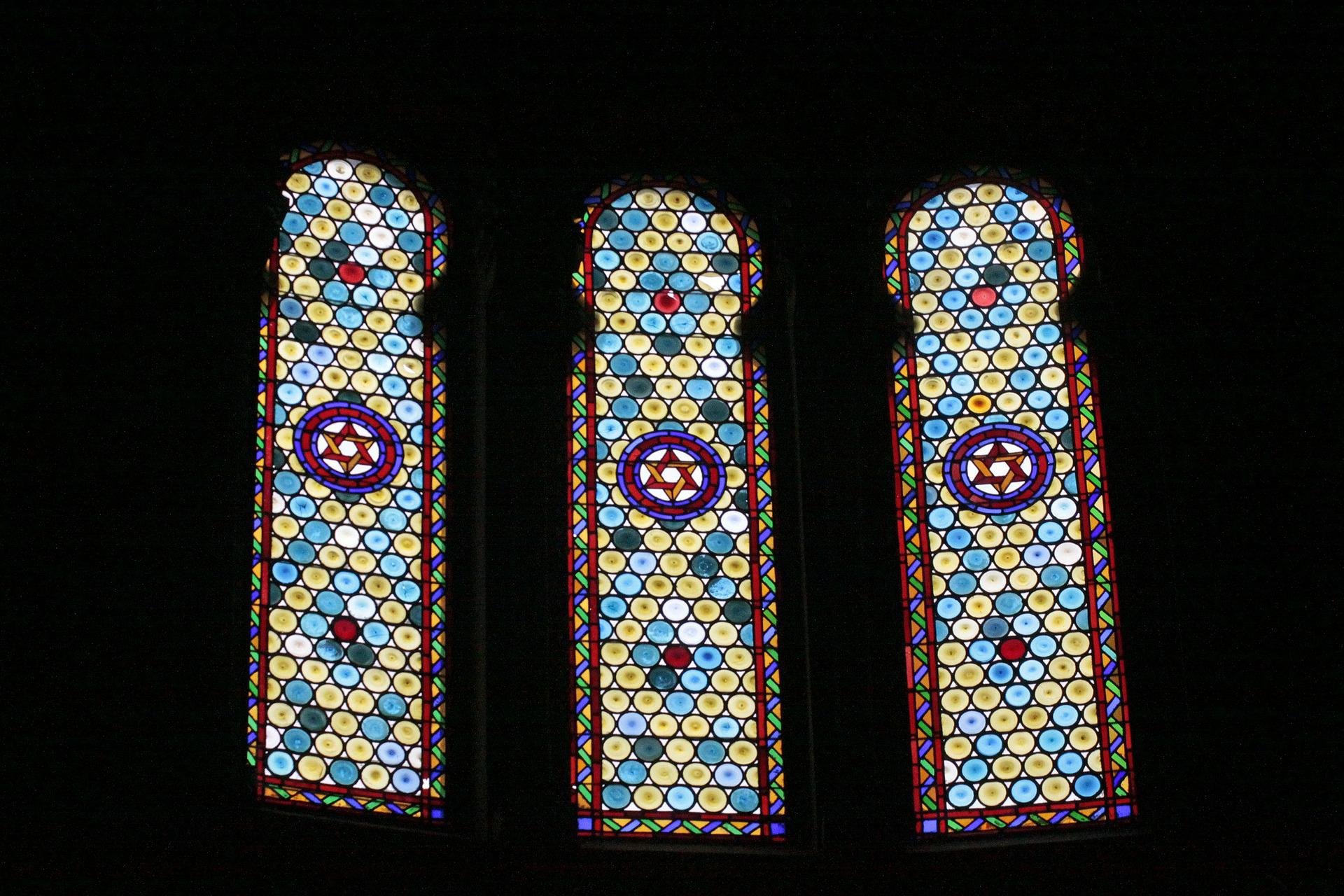Day 164: Knesset.
Last Shabbat, I was moved by the rabbi’s beautiful speech about the importance of gathering and how it has helped Jewish people navigate a broken world in exile. He spoke so eloquently of the power we have relied on to make way for holiness through all phases of life: knesset.
I cuddled close to my children and felt the peace of Shabbat settle over me.
Then, on my way into the social hall to celebrate our new building and all the blessed opportunities to gather therein, a fellow congregant and long-term acquaintance mistook me for another Asian woman, who, frankly, does not look like me at all. Instantly, the peace of my Shabbat was unsettled.
Examples such as this, other encounters when fellow congregants with whom I have interacted multiple times ask if I am “new” to the synagogue, or hearing people speak in not-so-coded language about the way racial homogeneity makes for improved schools–make me feel instantly guarded, uncomfortable and out of place in a place that belongs to me as much as it does to those commenting.
As a Society Hill Synagogue member for more than a decade, I have mourned with my fellow congregants, offered rides and meals to those who were ill, made phone calls on Shabbat, and welcomed synagogue volunteers into my classroom. Rabbi Winokur sat shiva with me when my father died, and Rabbi Kamesar counseled my family after the death of a dear friend. My children will, G-d willing, become B’nai Mitzvah in the synagogue’s gorgeous sanctuary. I am so grateful for the experience of support, caring and coming together offered by being part of this community.
But for myself and, I imagine, at least some other congregants, this knesset is defined by dissonant experiences of not belonging as much as it is by the holiness and peace of joining together.
Just as recent studies about return to work plans show stark differences in how different groups respond to the idea of going back to the office–with racial minorities and women being much less enthused–for those of us not in the dominant culture at work or in our houses of worship, the experience of gathering is often as fraught as it is joyful.
In fairness, I know we are all experiencing a bit of brain fog after two years of pandemic living. Masks do not make recognizing old friends and acquaintances any easier. And, of course, research on microaggressions suggests that people who engage in them are not overtly racist, but instead are “ordinary folks.” They simply don’t consider the ways their implicit biases may come to light in everyday interactions, such as when seeing someone they don’t quite recognize at shul.
But as we emerge from the COVID-induced fog and beyond, I would like to request that folks practice some mindful awareness in how they speak and who they are speaking to. Even if you don’t know someone personally, that doesn’t mean they are less integral to or integrated into the community than you. And, if you’re speaking to someone who is not white, straight or cisgender, please tread lightly. Stop and think. Take one beat before speaking.
Understand that this person’s experience of knesset, their connection to the divine, their door that opens for the shekhinah, may always feel a bit prickly. It may come with a side of dissonance, and your one offhand remark or interaction could be what most influences the experience for them.
In a community that aspires to inclusion, diversity, and openness to interfaith families, we are lucky to count as members people of multiple races, as well as those who are biracial, lesbian, gay, transgender, queer or questioning. And, especially if we hope to keep our children connected to our synagogue as their spiritual home and Judaism as their religious tradition, we would do well to be a bit more considerate when navigating these differences.
For all of us, this bit of mindful attention, thoughtfulness, and sensitivity to other people’s experiences might just be what lets the holiness in.
